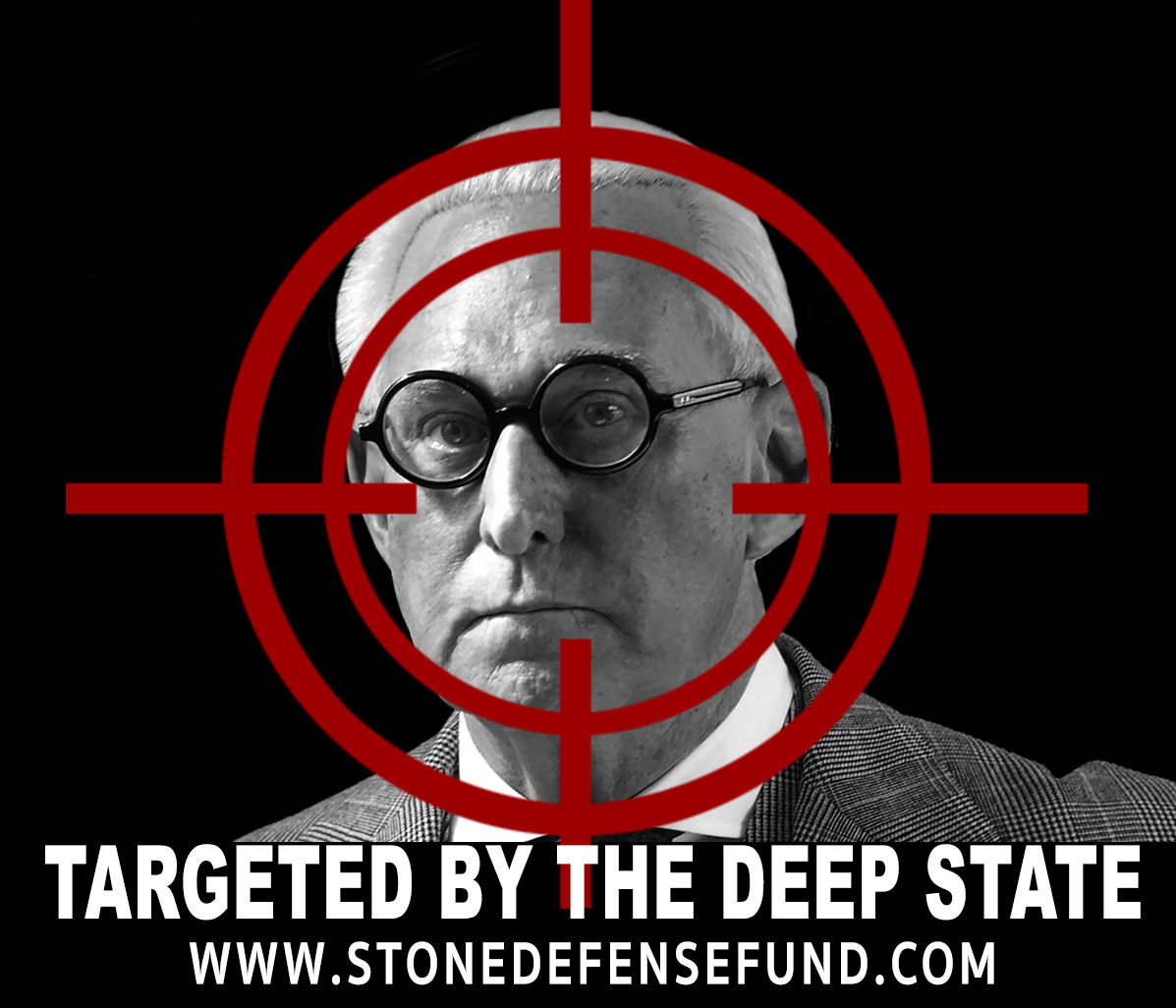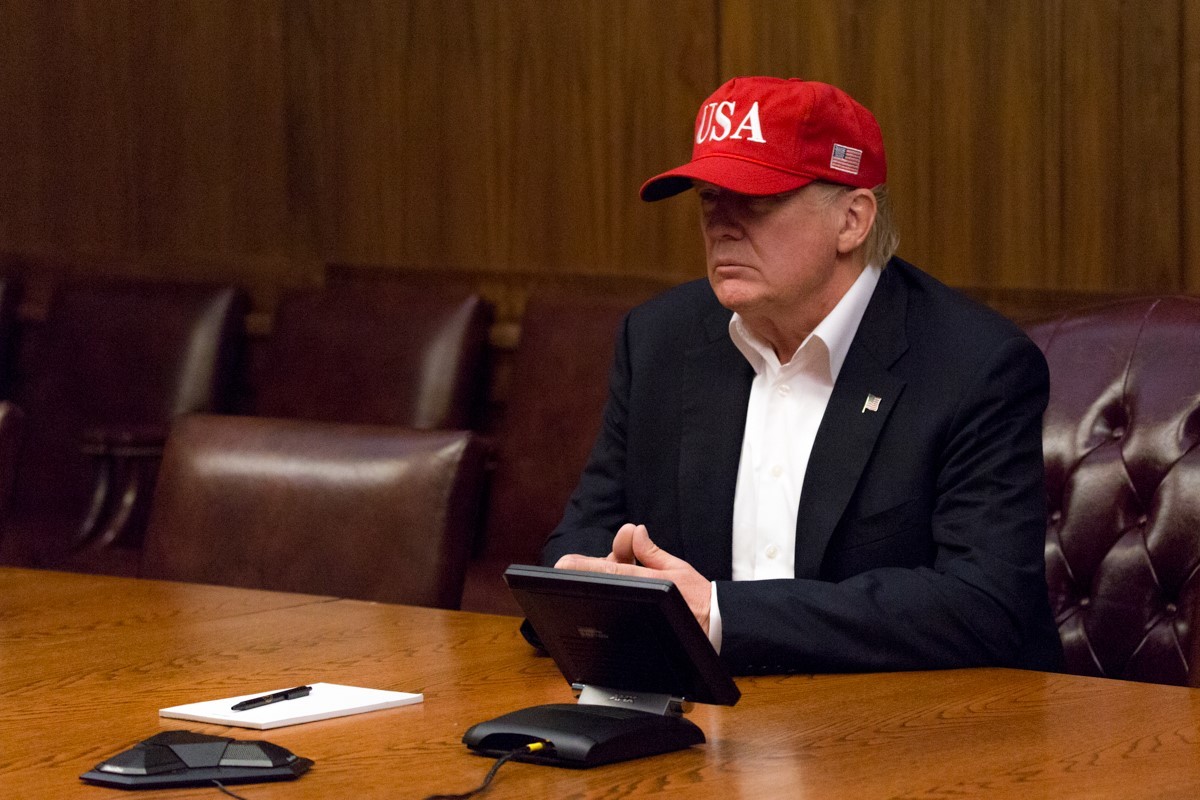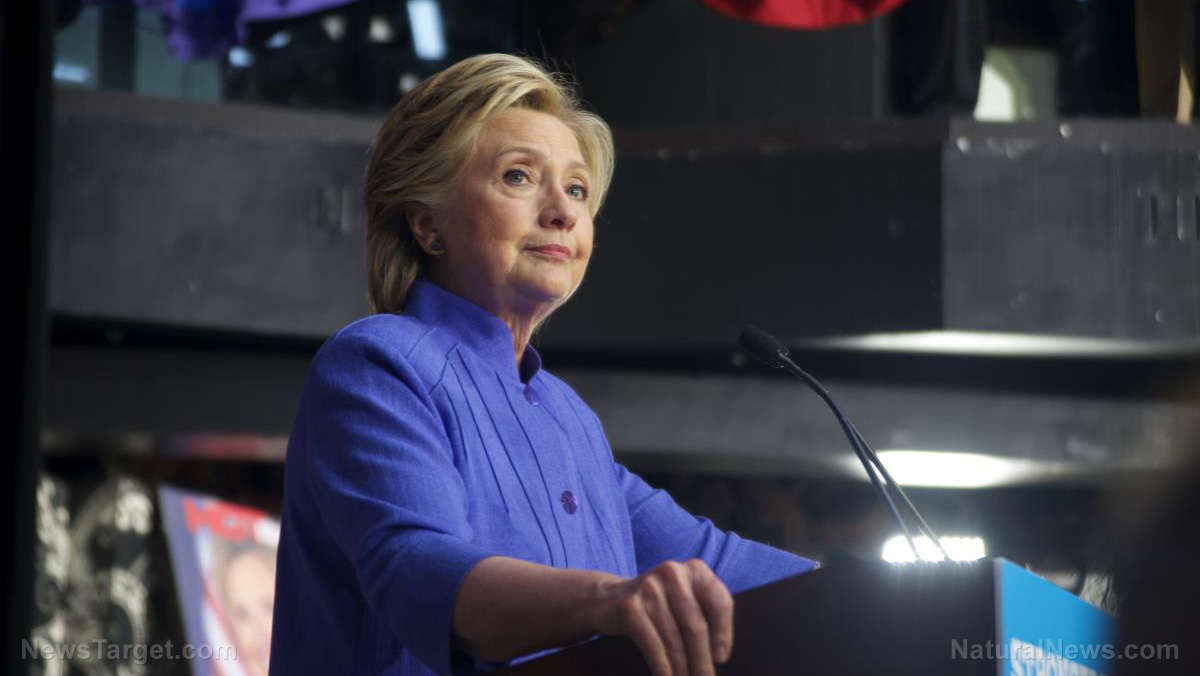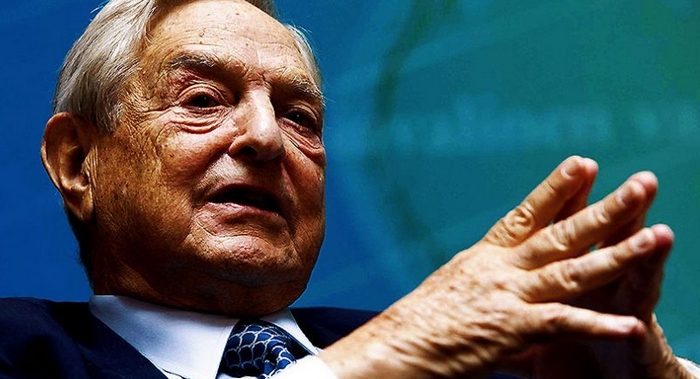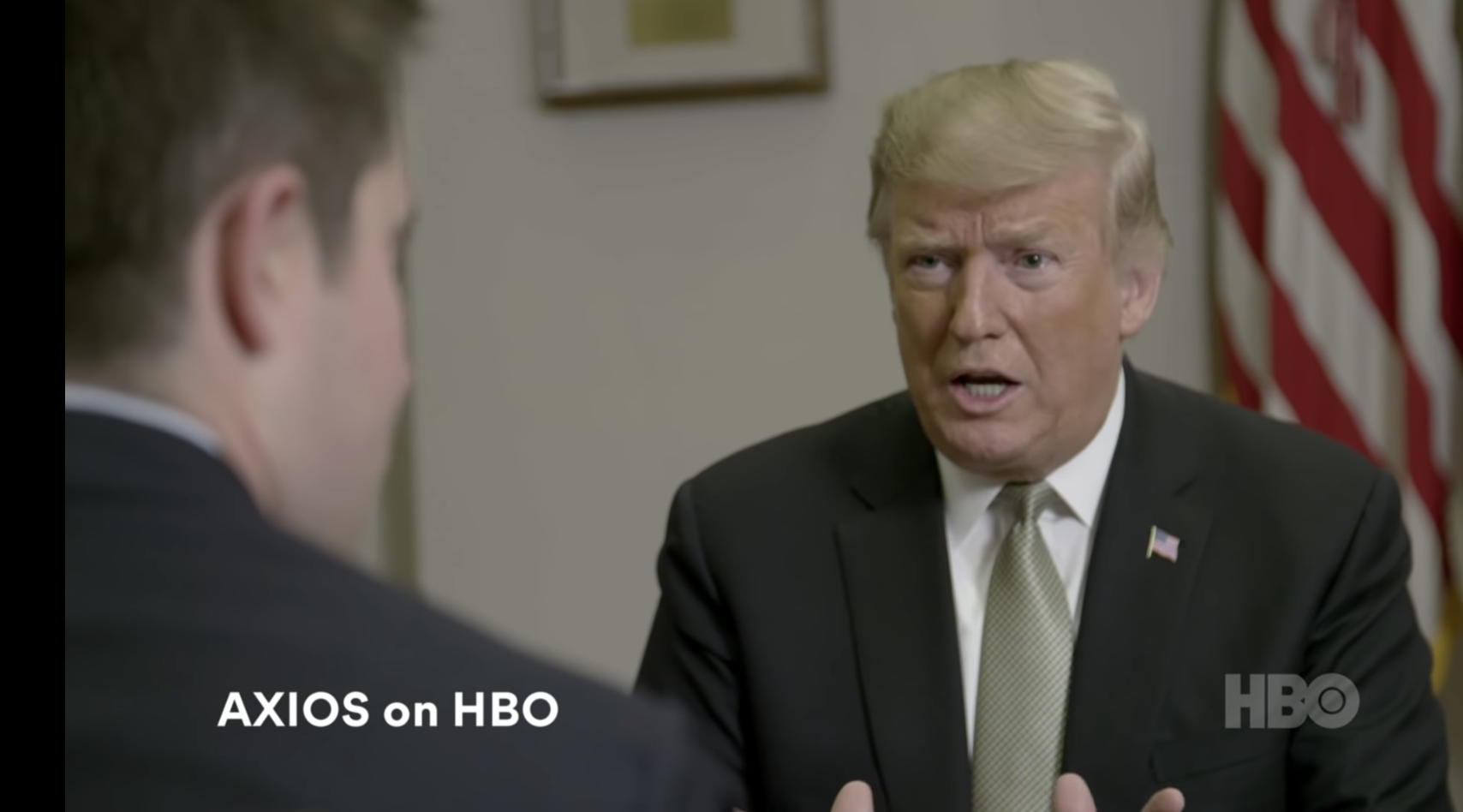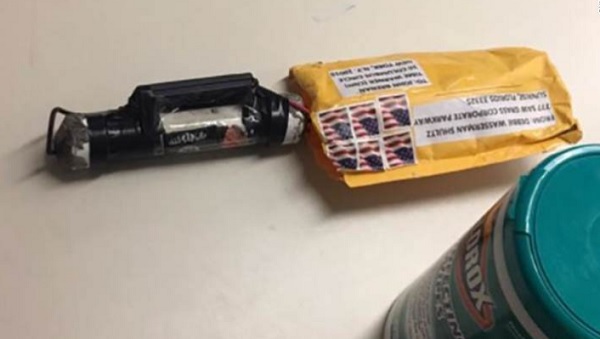FBI agent who quit bureau over bogus Hillary Clinton email investigation heading to Congress to tell HIS story
05/31/2018 / By JD Heyes
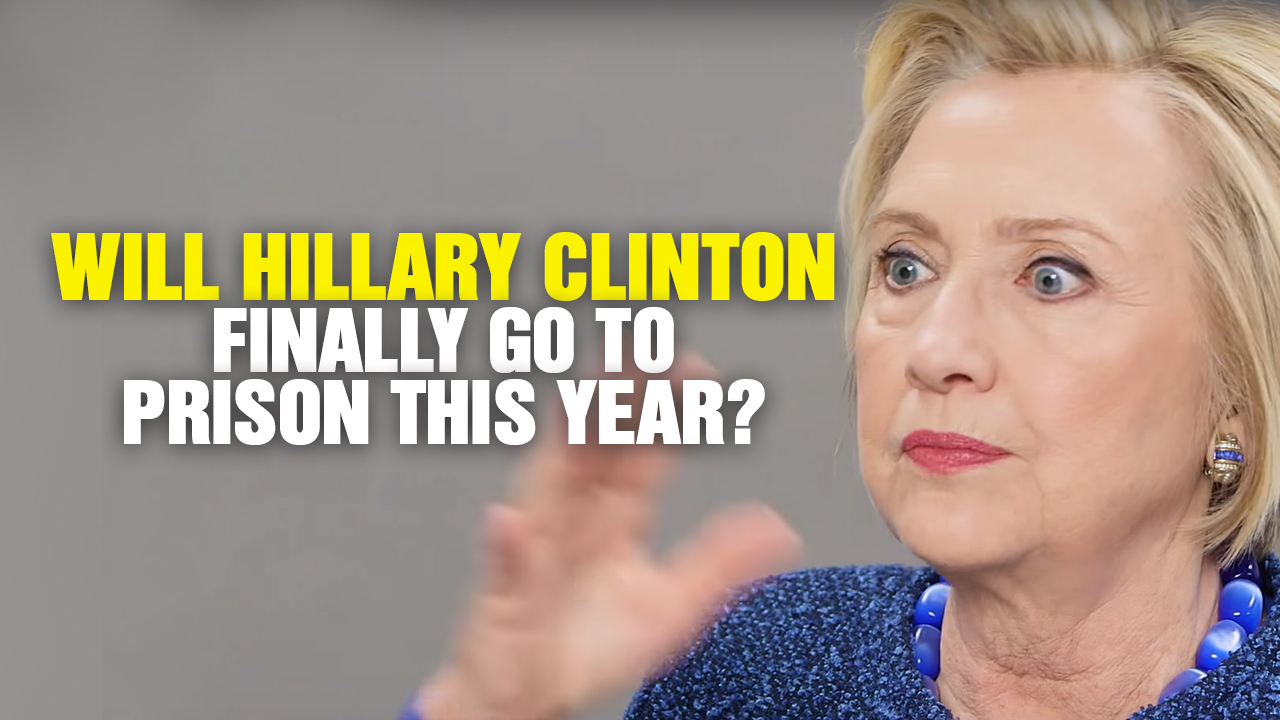
When then-FBI Director James Comey told reporters and the country in July 2016 that “no reasonable prosecutor” would indict Hillary Clinton over her criminal mishandling of classified emails, tens of millions of fair-minded Americans were incredulous. Flabbergasted. And angry.
Only moments before that exoneration, Comey laid out details about how several of the emails Clinton sent via her unsecured personal email server — which Barack Obama knew about — were highly classified, thus constituting serial violations of the Espionage Act.
Comey said that Clinton was “extremely careless” — language inserted by the FBI’s No. 2 counterintelligence official, Peter Strzok — in her mishandling of those emails, but that hey, it was okay because she didn’t mean to do it. There was no ‘clear intent.’
Of course, there was. She “intended” to hide her communications from federal open records laws when she “intended” to set up her private server to begin with. And every unsecured email she sent over that server she “intended” to send.
“Reasonable” prosecutors would have gladly taken virtually anyone else to court over these violations because they were clear and blatant. But Hillary was Obama’s heir apparent, so she must be spared at any cost.
Following Comey’s exoneration, tens of millions of fair-minded Americans were shocked that another Clinton scandal was brushed under the rug. Another Clinton had gotten away with it.
Now, however, it could be that Hillary’s time — and Comey’s — is about up. (Related: MORE FISA abuse fallout? Sen. Ron Johnson DEMANDS texts, emails from 16 new DOJ and FBI employees, including James Comey and Andrew McCabe.)
As The Hill reports, House Republicans on two committees are restarting a stalled investigation into the way in which senior leaders at the FBI and Obama Justice Department appear to have intentionally tanked the investigation into Clinton’s emails so she could go on to win the White House (which, of course, didn’t happen).
The “Sideways” investigation
The news site noted:
A joint investigation run by the Judiciary and the Oversight and Government Reform committees has set three witness interviews for June, including testimony from Bill Priestap, the assistant director of the FBI’s counterintelligence division, and Michael Steinbach, the former head of the FBI’s national security division.
The third witness is John Giacalone, who preceded Steinbach as the bureau’s top national security official and oversaw the first seven months of the Clinton probe, according to multiple congressional sources.
Priestap has been highly criticized by conservatives because, as chief of the FBI’s counterintelligence division, he’s been deeply involved in the Clinton email probe and the so-called ‘investigation’ into Trump-Russia “collusion” (which is a fabrication).
Priestap also holds a supervisory position over Strzok, who — along with his paramour, former FBI lawyer Lisa Page — exchanged scores of text messages that were highly critical of Trump, praising of Hillary, and which provided revelations that the fix was in to hamper Trump and his presidency.
But the most important figure to Americans who want to see some justice meted out by the Justice Department for a change is the third name — Giacolone.
For several months he was the lead agent investigating Clinton’s email scandal. He is rumored to have quit the bureau after the investigation went “sideways” — meaning it was being intentionally tanked by FBI brass.
As Fox News contributor and former judge Andrew Napolitano wrote in Oct. 2016, just days before the election, Giacolone — who at the time was head of the bureau’s National Security Division — made his “sideways” comment after discovering that his probe would not be conducted in tandem with a federal grand jury.
“That is nearly fatal to any government criminal case. In criminal cases, the FBI and the DOJ cannot issue subpoenas for testimony or for tangible things; only grand juries can,” Napolitano wrote. “Giacalone knew that without a grand jury, the FBI would be toothless, as it would have no subpoena power.”
And now he’s going to tell his story to several House Republicans.
Tick-tock, Hillary. Oh, and by the way, as a public service reminder to you, the statute of limitations for espionage prosecutions is 10 years, at a minimum.
Read more about Hillary Clinton’s corruption at Clinton.news and Corruption.news.
J.D. Heyes is editor of The National Sentinel and a senior writer for Natural News and News Target.
Sources include:
Tagged Under: Bill Priestap, classified emails, Collusion, corruption, deep state, Email Investigation, Espionage Act, exoneration, FBI, FBI corruption, Hillary Clinton, Hillary email investigation, House Committee, James Comey, John Giacolone, Justice Department, Michael Steinbach, national security, private server, testimony




